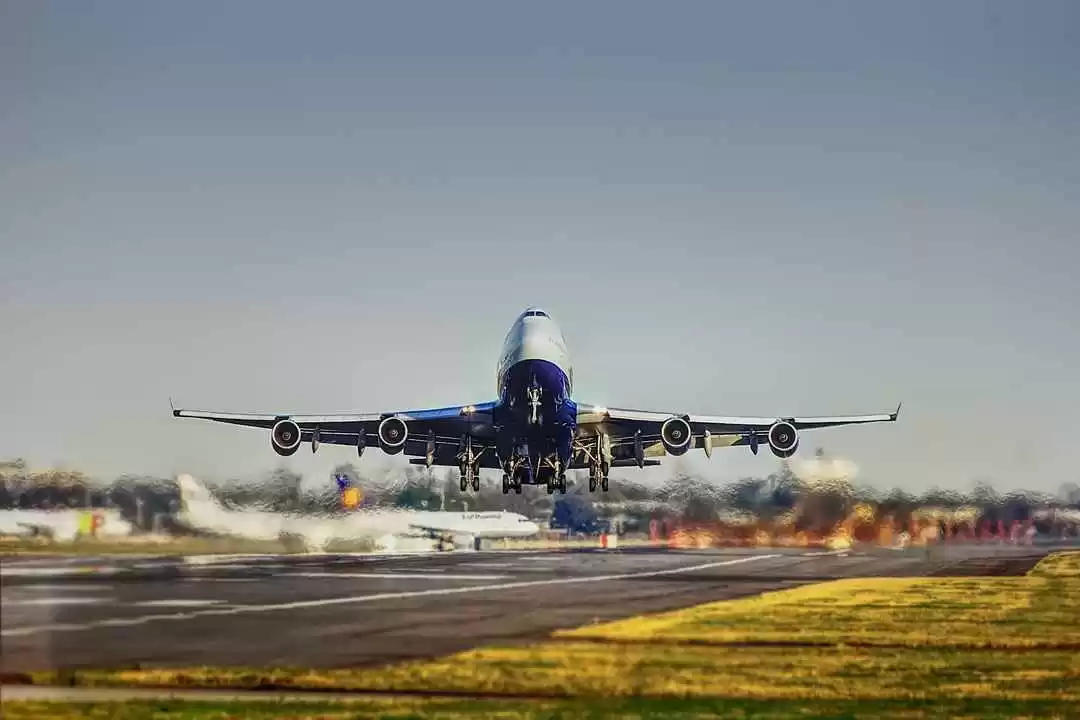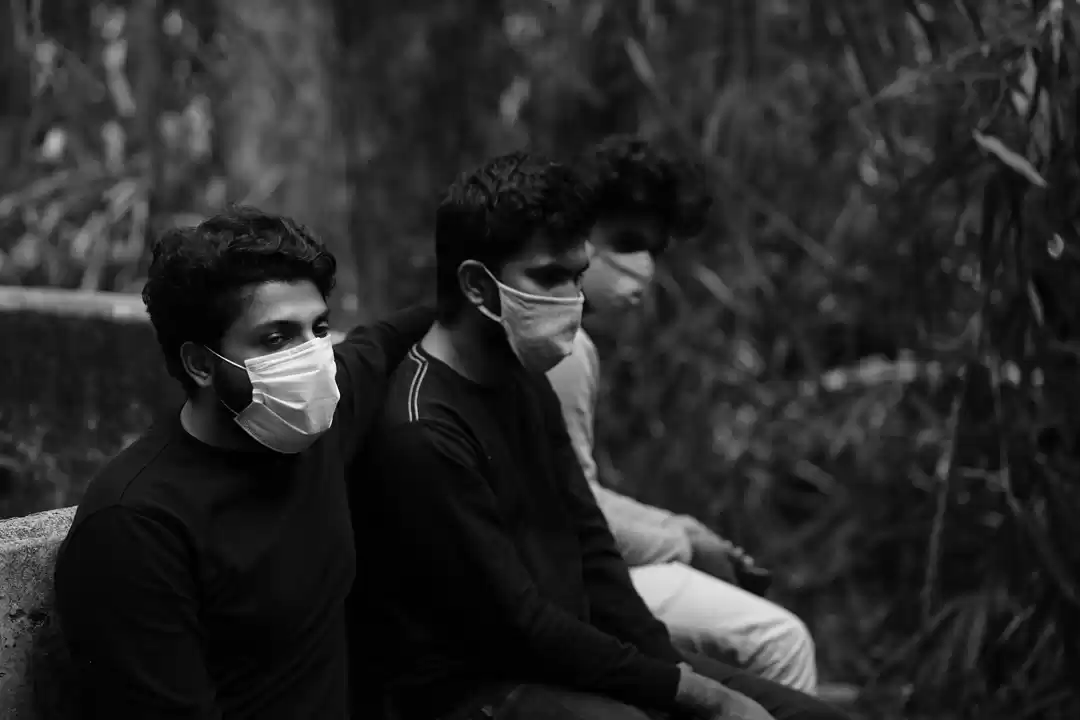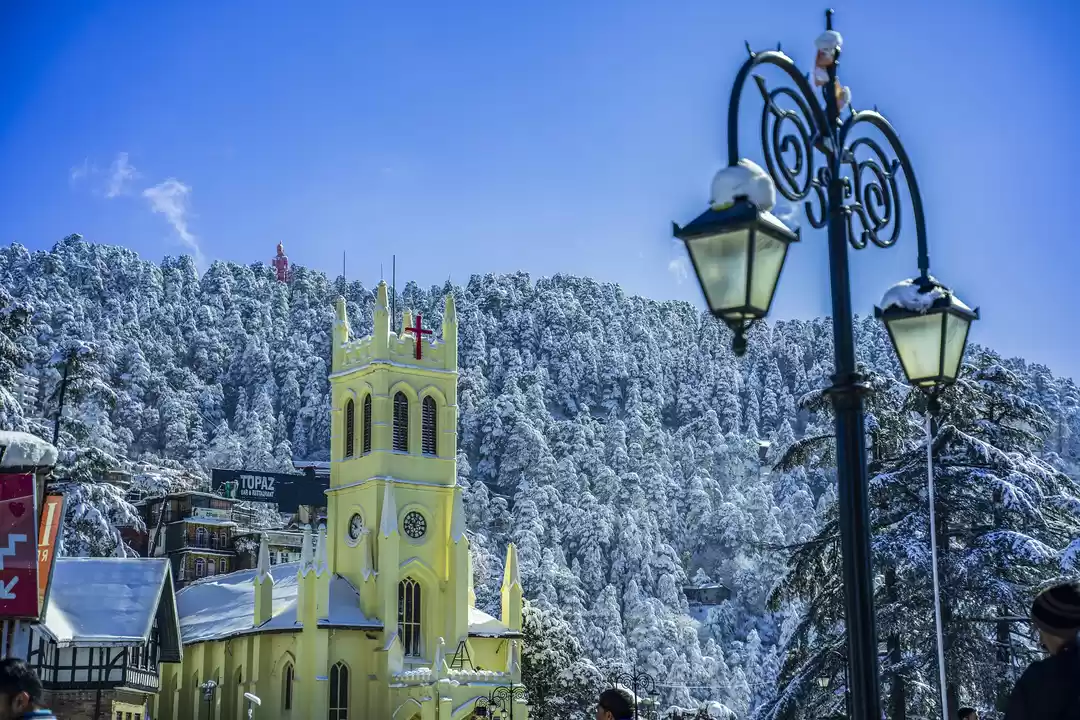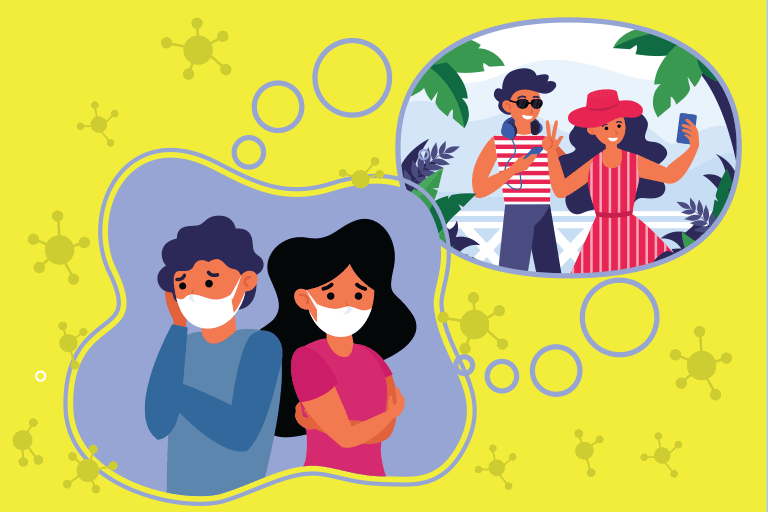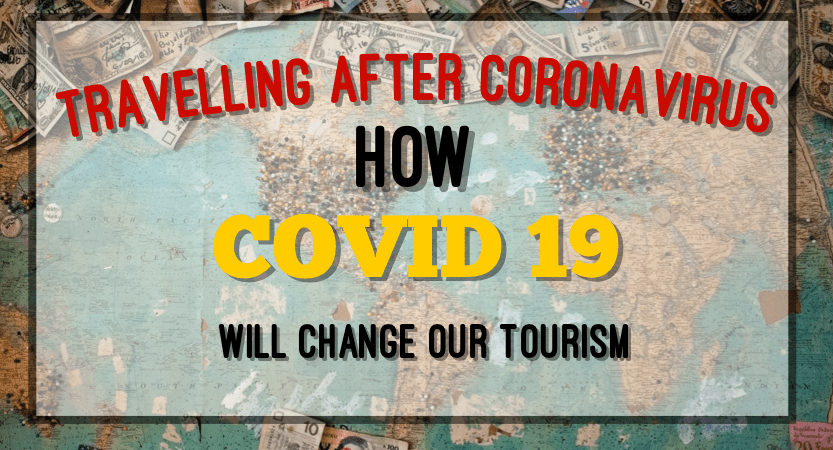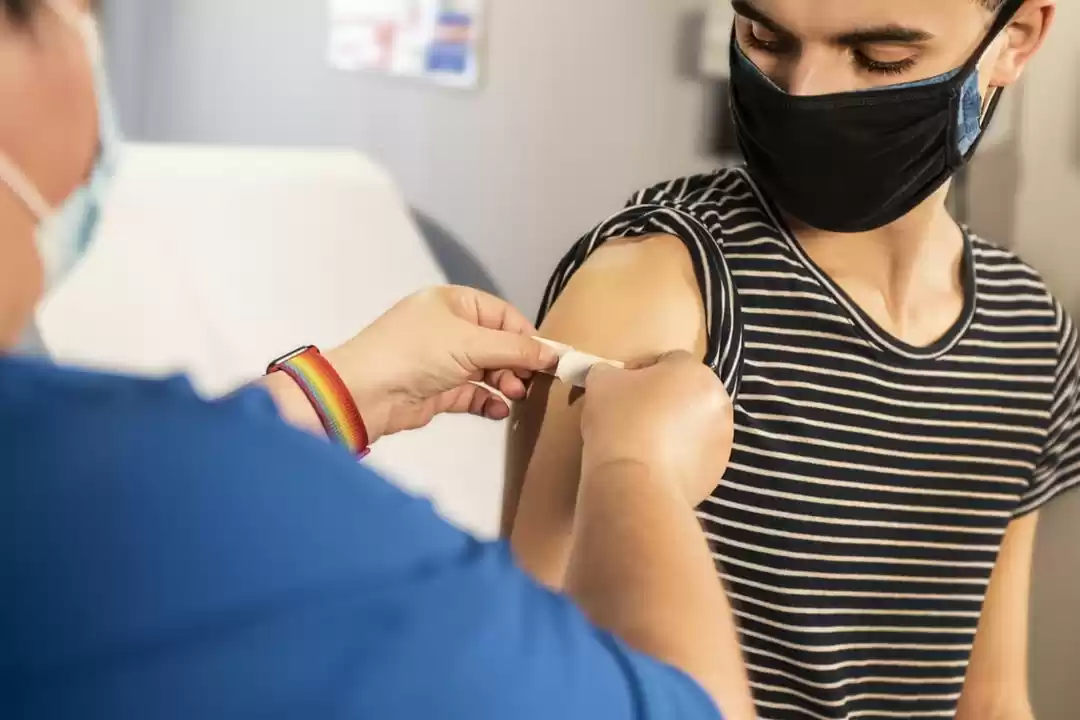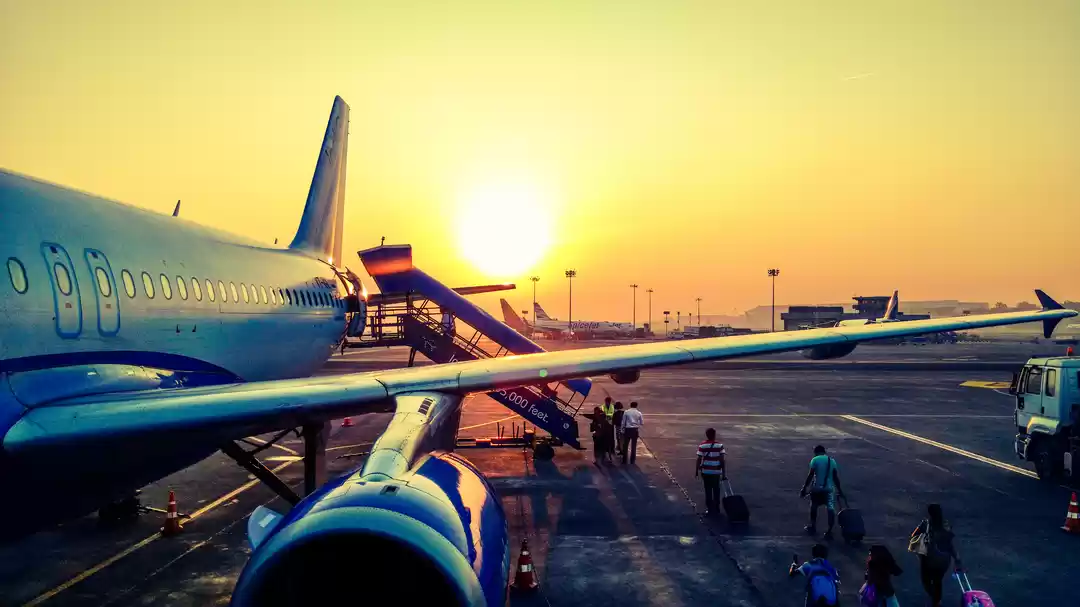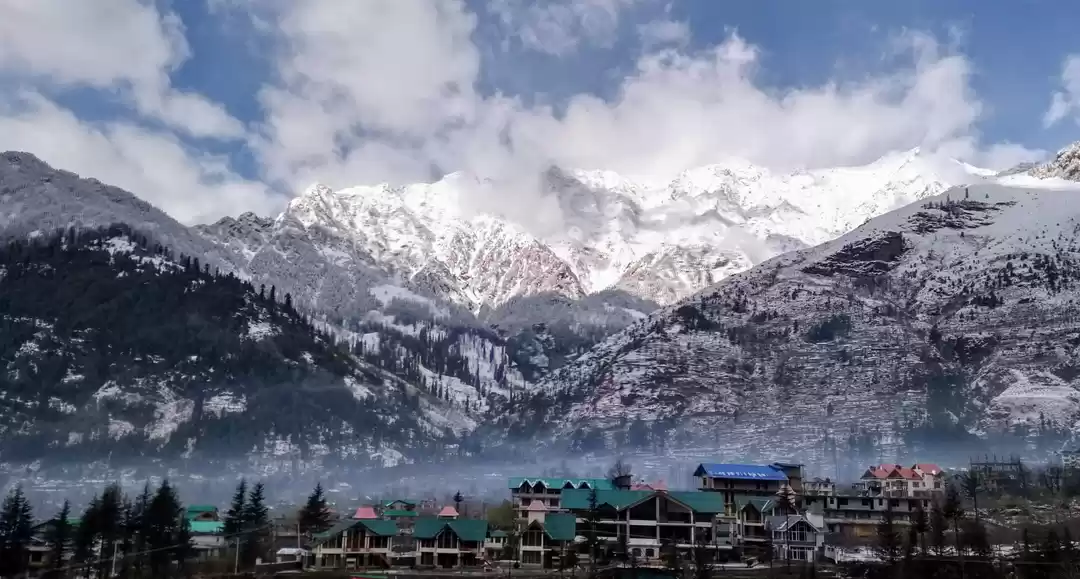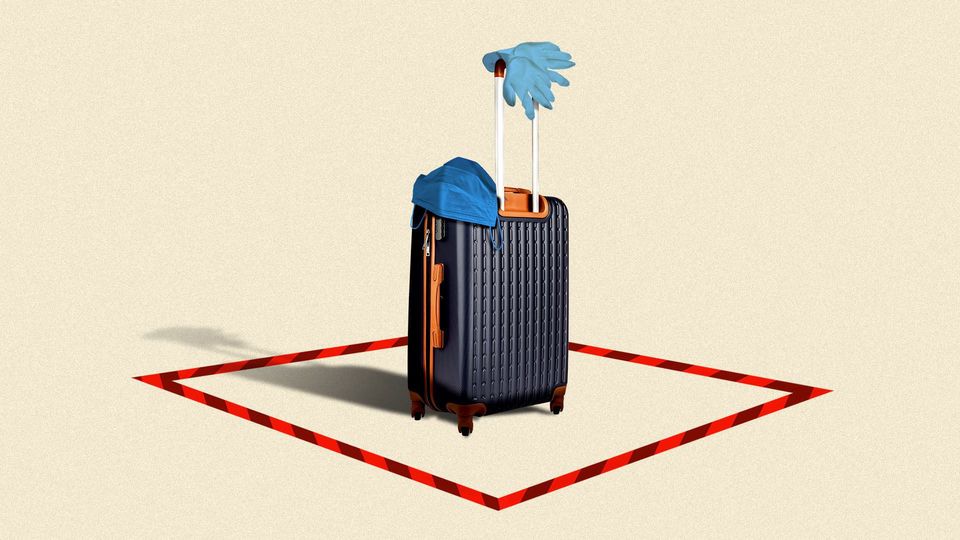
The COVID-19 pandemic has brought travel to a standstill. Now the question is, Will We or Won't We travel again? And if we do, when? And how? When things do start to return to "normal", travel, especially international travel, will look very different. Among other questions that we would be discussing going forward, Here is the million dollar question I personally feel is in everyone's mind.
When will travel recover?
The short answer is nobody knows for sure. Travel will recover in stages and freedom to travel will vary, not only country-by-county but by region. In addition, there will be multiple factors that will influence travel such as whether social distancing on travel is economically viable for carriers, the reliability of immunity is lasting, whether the stay would be safe and sanitised to name but a few.
Here is what I believe:
Domestic travel will begin to recover around October International travel will take around 12 months to recover completely
Here's what we predict will be the new travel trends to look for:
It is based on research by going through lot of articles and interacting with many people including my travel expert friends and colleagues working in travel industry for their opinions
1. "Dekho Apna Desh and Incredible India" will be more closer than ever
COVID-19 has affected almost every country on the planet and in this situations and uncertainty, people would also be more likely to choose destinations close to home, so that they can rush back if necessary. All agreed that for the next few months, we are far more likely to choose Indian destinations to travel to. While things are constantly changing, it's promising that Goa had reported only seven confirmed cases, all of which are said to have fully recovered. Uttarakhand and Himachal Pradesh, both tourist hotspots, have reported under 50 cases, while Ladakh, Andaman & Nicobar, Meghalaya and Puducherry have far fewer than that. Sikkim, incredibly, hasn't had a single case yet (as of 1st June 2020).
I strongly believe that it is the return of the domestic traveller because international travel will probably take six-eight months to start recovering, and really kick in only once a medical treatment or a vaccine for coronavirus is in place. Moreover, International travel, when it happens, will be regional, and between corona-free destinations. Both Bhutan and Sri Lanka may benefit as both are close to India and their main cities are coronavirus-free. Holidays to Europe and to the US are completely out for the next 12 months. All international travel will get diverted to domestic destinations."
I also urge that in line with the Atmanirbhar call given by the Prime Minister, thrust should be given for holidays in India.
2. Hotel selection will change too (Last minute bookings will not work!!)
It would be the new normal that we all will be going to choose our accommodations differently. First, we will book with known brands for the trust to have hygiene systems in place to keep tourists safe and secure. Also the demand for smaller properties would go up that are centrally located, so that tie spent in public transportation is minimised. Hotels that offer minimum 'touch points' will also fare well-hopefully no more long lines at check-in and check-out. As for crowded buffet breakfasts? No chance.
When it comes to weekend breaks or long summer breaks, everyone will more likely to choose secluded, boutique properties that are out in nature, away from crowded cities. Also the demand to rent out private homes, bungalows and villas will increase with those that come with verifications and very high reviews pertaining to cleanliness and sanitation. Just an insight: There's going to be a lot of innovation in hospitality towards sustainability, and exclusivity, creating safe havens for travel
3. Sanitisation will be the buzzword and sanitiser will be the first thing to be packed!!
In an article I read in financial times, Yuval Noah Harari, author of Sapiens, argues for a global agreement on pre-screening travellers in their home countries before they actually board their flights. "If you know that only carefully screened travellers were allowed on a plane, you would be more willing to accept them into your place.
Also, In Goa, there are talks of tourists requiring a health certificate to visit.
We all will also be way more willing to stay in accommodation that gives the confidence of being extremely clean and hygienic with the assurance that the staff in a hotel is following strict guidelines, both at work and at home.
4. The flight ticket prices might go up (Once normal travel resumes)
To ensure social distancing in planes the best likely option will be reconfigure seating and leave middle seats empty. The added effect for this is to expect a hike in prices. If airlines have to allow more space between passengers, their seat revenue will go down to 65 percent.
So how is an airline going to make any money at all? They have little choice but to increase ticket prices. Plus, airlines have to invest in training and a number of new measures to keep you safe in the air, plus additional customer service staff to address the massive volume of queries concerning cancellations, refunds, etc.
Going forward, dont get amazed by seeing an aircraft equipped with things like surgical gloves, sanitising wipes, contact-less infrared thermometers, etc.. Similarly we all will see less of In-flight reading material like magazines in your seatback pockets, and less chit-chat with friendly flight attendants and your fellow travellers.
5. The classic road trip will make a comeback
I am 100% sure that we'll start travelling with short trips to destinations to which we can drive in our own private vehicles. (I will plan for myself as well soon the lockdown ends completely). An open road, your favourite tracks playing (Punjabi songs for me in Particular) and a small group of friends (With masks obviously!!) doesn't sound too bad right now, does it?
We all have heard about bankruptcy new of Hertz(one of the oldest car rental companies of the world) but trust me, Car rental companies business will sky-rocket like never before and will likely offer great rates post-lockdown, with assurances of each vehicle having been deep-cleaned after each use.
In the short-term (Maybe next one-two months), there might still be restrictions on crossing state borders for leisure travel, so local state travel will flourish like never before. Driving holidays, home-stays and boutique hotels in remote locations will emerge as a popular first choice, as it offers much-needed space and quality time in a beautiful setting-without any hassle of travelling at all.
6. Accelerated growth of nature and wildlife travel
No surprises here. As we lockdown for more than 3 months now in our apartments, grateful for our balconies, terraces, plants, even windows, we're dreaming of things like wide-open skies, cool breeze, an expanse of ocean, acres of lush green forest, snow-capped mountains and just being in the wild outdoors. All of this signifies that what we're really craving is a return to nature in its most pristine forms. That means we will likely look towards secluded places of incredible natural beauty when planning our first vacation post the pandemic.
7. Green light on Aarogya Setu App will be the next identity card for us to travel!!
The Aarogya Setu application might soon become the key permit for travel in India. Meanwhile, railways have already made it mandatory for passengers to have this Aarogya Setu app installed on their phones. And now as per the latest news reports, the government will most likely make it mandatory for people to have the said app installed on their phones if they want to take a flight or travel interstate or book a hotel room. Further, to get e-passes for interstate travel and movement, Aarogya Setu app might be used for self-certification. Also I feel that once the lockdown ends in individual states, a centralised e-pass might be issued after self-validation using the Aarogya Setu app.
Conclusion
I believe domestic travel will be to beat down the 'lockdown fatigues', as short travel is believed to be the antidote to 'stress'. Just keep in mind that the idea of a post-pandemic getaway is to find inner peace, not to do everything. And besides, not everything will be open for a while.
In the end, I would just like to say that we are heading towards a 'new normal'. Many business models including that for tourism have to be re-written. In future, tourism will totally change and we can do our bit by supporting the industry to grow and flourish!!
By Robin Gupta (Instagram: Peakandtroughs)
Visit my Blog@ http://www.peakandtroughs.com














